Participatory Strategic Planning
The purpose of this two to three-day process is to guide business stakeholders through the creation of a Strategic Plan. The Strategic Planning process is traditionally initiated with a Design Meeting that gathers a representative group of stakeholders to contribute to the strategic focus for planning. The actual on-site launch typically begins with a brief statement of Leadership Direction, an examination of the organizational Mission and Vision and an Industry Trends Analysis
The Four Modules
UNDERLYING CONTRADICTIONS
As a group considers the entire range of its issues, root causes can be discerned and quantified for sober consideration. Clarifying the underlying contradictions that stand in the way of accomplishing the vision provides the backdrop for creating viable Strategic Directions.
The practical
vision
The vision of an organization is held, in part, by all of its members. Consequently, the breadth of a group’s vision is hidden from each member individually until it is called forth and articulated in a group process. A practical vision is a dynamic and evolutionary expression of the group’s hope and intention.
IMPLEMENTATION
PLAN
Outcomes are defined, calendars created, work teams assigned, and meeting times scheduled transforming intention into attainable action. Documentation includes a motivating and relevant One-Year Implementation Calendar and a 90-day roadmap of next steps.
STRATEGIC
DIRECTIONS
Listing the full range of actions that will attain the Practical Vision, and challenge the identified Underlying Contradictions, and organizing them into like-action arenas and ultmately three or four Strategic Directions achieves an economy of effort with high impact results.




